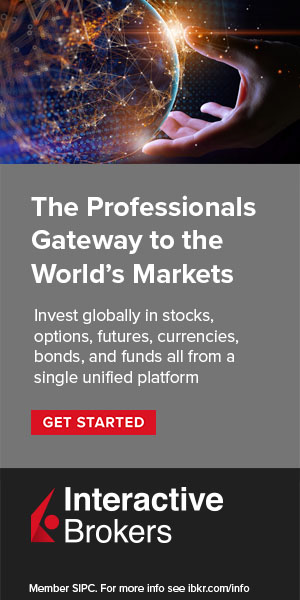A recent announcement from the Federal Reserve has reignited discussions about Operation Chokepoint 2.0, a controversial initiative aimed at tightening regulations on crypto-related activities. Nic Carter’s original article on this subject provides valuable insights into the current state of affairs.

One source indicated that regulatory bodies have developed misguided perceptions about cryptocurrencies, which have led to the creation of damaging policies. These regulators incorrectly assumed that cryptocurrencies posed a threat to the stability of the banking system, despite evidence to the contrary. Furthermore, concerns about the adequacy of Bank Secrecy Act (BSA) and Anti-Money Laundering (AML) controls in the crypto sector prompted efforts to sever ties between crypto and the U.S. banking system.
The source emphasized the broad discretionary powers that regulators wield under existing BSA/AML regulations. These powers enable them to target specific crypto activities without a comprehensive understanding of the underlying businesses. According to the source, many banks, even those with established reputations, could face similar regulatory pressure due to the inherent difficulties in navigating the complex BSA/AML requirements.

Source: vista.create.com
The source criticized the selective enforcement of these rules, pointing to instances where large banks have faced substantial fines for money laundering and BSA/AML breaches without being forced out of business. Instead, it was suggested that these rules are often used as a means to single out certain crypto-related activities that regulators disfavor.
There is also an ironic twist in regulators attempting to limit swift transactions for blockchain-based trades, which could actually be beneficial in the fight against financial crime. By obstructing the use of transparent blockchain technologies, regulators might unintentionally be elevating the risk of illicit financial activities.
The source voiced frustration over what they described as a technophobic stance by regulators and their reluctance to adopt new technological advancements. This approach, combined with the actions of the SEC, has fostered a challenging environment for innovators and professionals in the fintech industry. The source called for a more balanced and progressive regulatory framework that would encourage innovation while effectively addressing financial crime.
Learn from market wizards: Books to take your trading to the next level


 Hot Features
Hot Features












